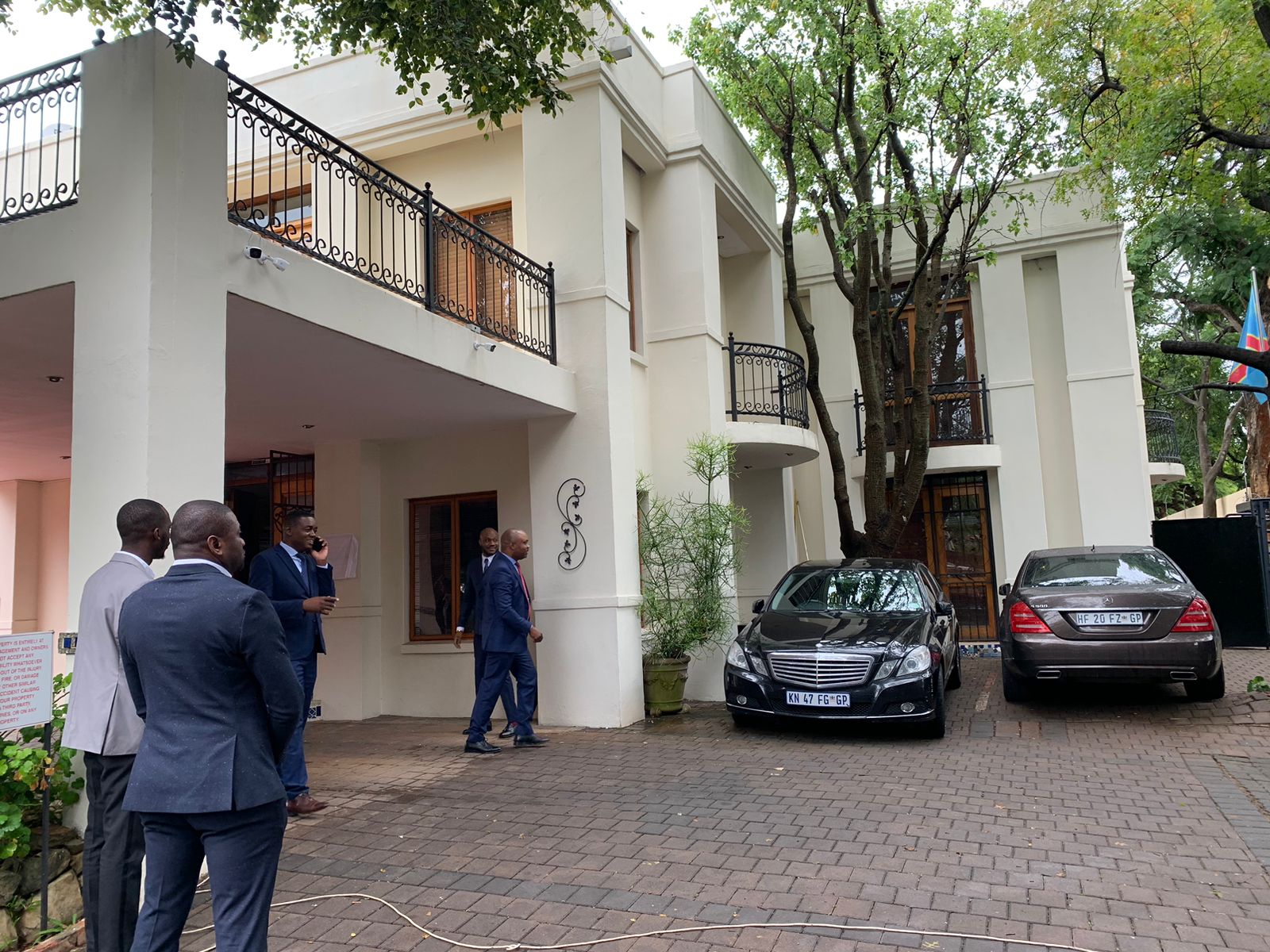**A revealing tragedy: The murder of Aristote Matabato, a mirror of persistent insecurity for Congolese in South Africa**
On January 10, 2025, the tragedy took on a particular face with the death yesterday of Aristote Matabato Mukulu, a young Congolese, after a brutal attack in Pretoria. The circumstances of this barbaric act have remained unclear, but the impact on the Congolese community in South Africa is undoubtedly a call to reflect on the security of Congolese expatriates in this country. This tragedy raises questions that transcend the immediate tragedy; it illustrates a systematic problem of insecurity that threatens a growing number of Congolese living abroad, particularly in South Africa.
### Framework: The socio-political context
South Africa, despite its history of struggle for freedom and progress in human rights, faces an endemic crime crisis. According to statistics from the National Bureau of Statistics, the country recorded more than 21,000 homicides in 2021, a trend that continues to grow, often attributed to organized crime conflicts, poverty, and unemployment. For Congolese living here, this climate of insecurity is exacerbated by legal and social challenges, making their immigrant experience not only difficult, but sometimes deadly risky.
### One Murder Too Many
The attack that took the life of Aristotle should not be seen as an isolated event but as a reflection of a larger problem. Congolese abroad must navigate the quest for a better life and the dangers of a sometimes hostile environment. Nike Mbeba, a family member of the victim, describes the circumstances of a collective attack that leaves little doubt about the nature of the violence: “We do not know the motives that animated his attackers. » This statement is not only a painful personal observation, it is a despair shared by thousands of Congolese living in South Africa, who often feel abandoned in the face of faceless violence.
### A government response awaited
The reaction of the Congolese government and its diplomatic representation is awaited with undisguised impatience by the victim’s family. The authorities must not only ensure that justice is done, but also commit to improving security conditions for all expatriate Congolese. Indeed, the Congolese diaspora, numbering more than 1.4 million according to some estimates, plays a vital role in the country’s economic development through money transfers, but it also faces multiple challenges abroad.
### Crisis management to be rethought
The Matabato family’s appeal to the Congolese authorities could serve as a starting point for better management of crises affecting expatriates. The government could consider establishing a proactive framework to strengthen support and protection for Congolese abroad. This could include building alliances with local governments in host countries to ensure the safety of foreign communities, raising awareness about immigrant rights, and creating support networks where Congolese can seek refuge in times of danger.
### Conclusion: An urgent need for reform
The murder of Aristote Matabato Mukulu is more than just a tragic incident; it is symptomatic of a range of challenges facing Congolese in South Africa. As the community mourns the loss of a young man with immense potential, the need for concrete and effective action from the Congolese government is imperative. Each life lost is another statistic, but for the families affected, it is a life, a future, a dream that is extinguished. The Congolese diaspora deserves to be protected, and the time has come for the authorities to realize that the security of its citizens abroad is a priority that must no longer be put aside.

